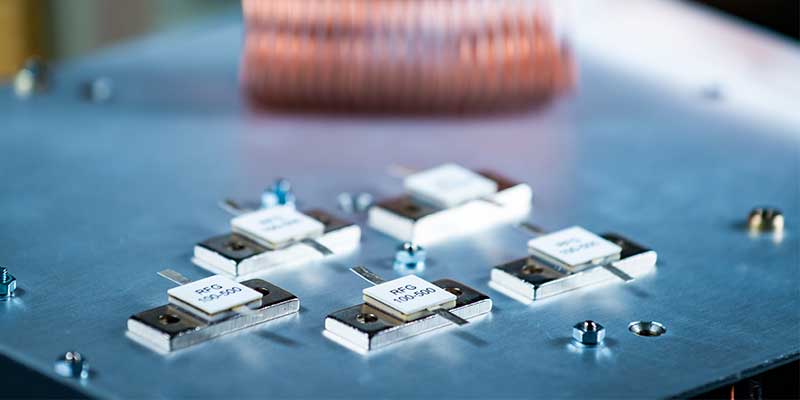Why Are Transistors Important? A Deep Dive into the Heart of Modern Electronics

Welcome to our exploration into one of the foundational components of modern electronics – the humble transistor. This journey is designed for students like you, who are curious about how tiny components shape the vast landscape of technology we interact with daily. By adhering to the principles of Experience, Expertise, Authoritativeness, and Trustworthiness (E-E-A-T), as highlighted in the Google Search Quality Rater Guidelines, this article aims to provide a comprehensive, educational, and insightful look into why transistors are not just important, but truly indispensable.
Understanding the Transistor – What are Transistors
At its core, a transistor is a semiconductor device used to amplify or switch electronic signals and electrical power. Invented in 1947 by Bell Labs, the transistor revolutionized the field of electronics, paving the way for the development of almost all modern electronic devices, from radios to computers, and beyond.
The Basic Operation
To understand the importance of transistors, one must first grasp their basic operation. A transistor essentially controls the flow of current through one channel by varying the current in another. This ability to control current makes it an effective switch or amplifier within an electronic circuit.
There are primarily two types of transistors:
- Bipolar Junction Transistors (BJT): Which use both electron and hole charge carriers.
- Field-Effect Transistors (FET): Which are controlled by an electric field.
Why Are Transistors Important?
Miniaturization and the Microelectronics Revolution
Before transistors, electronic circuits relied on vacuum tubes to control current. These tubes, while effective, were bulky, consumed a lot of power, and generated a lot of heat. The invention of the transistor marked the beginning of the microelectronics revolution, enabling devices to become smaller, more efficient, and more reliable.
The Heart of All Modern Electronics
Transistors are the building blocks of integrated circuits (ICs), including microprocessors and memory chips. Without transistors, the development of computers, smartphones, and all other digital electronics as we know them would have been impossible. They allow for the complex logic operations that power our software and the storage of vast amounts of data in a tiny chip.
Efficiency and Sustainability
Transistors are key in making devices more energy-efficient. As they’ve evolved, they’ve become capable of switching on and off billions of times per second, with very little energy lost as heat. This efficiency is crucial in reducing the energy consumption of electronic devices and, by extension, the environmental impact of technology.
Innovation and Future Technologies
The ongoing development of transistor technology, such as the exploration into new materials like graphene, promises to further revolutionize electronics by making devices even smaller, faster, and more efficient. Transistors are at the heart of research in quantum computing, flexible electronics, and much more, underscoring their central role in the future of technology.
Educational Takeaway
For students delving into electronics, understanding transistors is akin to learning the alphabet before writing sentences. Grasping how they work, why they’re used, and their impact on technology provides a foundational knowledge that opens the door to deeper exploration and innovation in the field.
Conclusion
The transistor’s journey from a groundbreaking invention to the backbone of modern electronics is a testament to its importance. As we’ve explored, transistors have enabled the miniaturization of devices, revolutionized energy efficiency, and continue to be at the forefront of technological innovation. For students and aspiring technologists, appreciating the role of transistors is the first step towards understanding and eventually contributing to the future of electronics.
Remember, the story of the transistor is not just a chapter in the history of technology; it’s a continuing narrative of innovation, with each new development building on the last. As students and future innovators, you’re not just learning about transistors; you’re preparing to write the next chapters of this exciting story.
Return to Home


